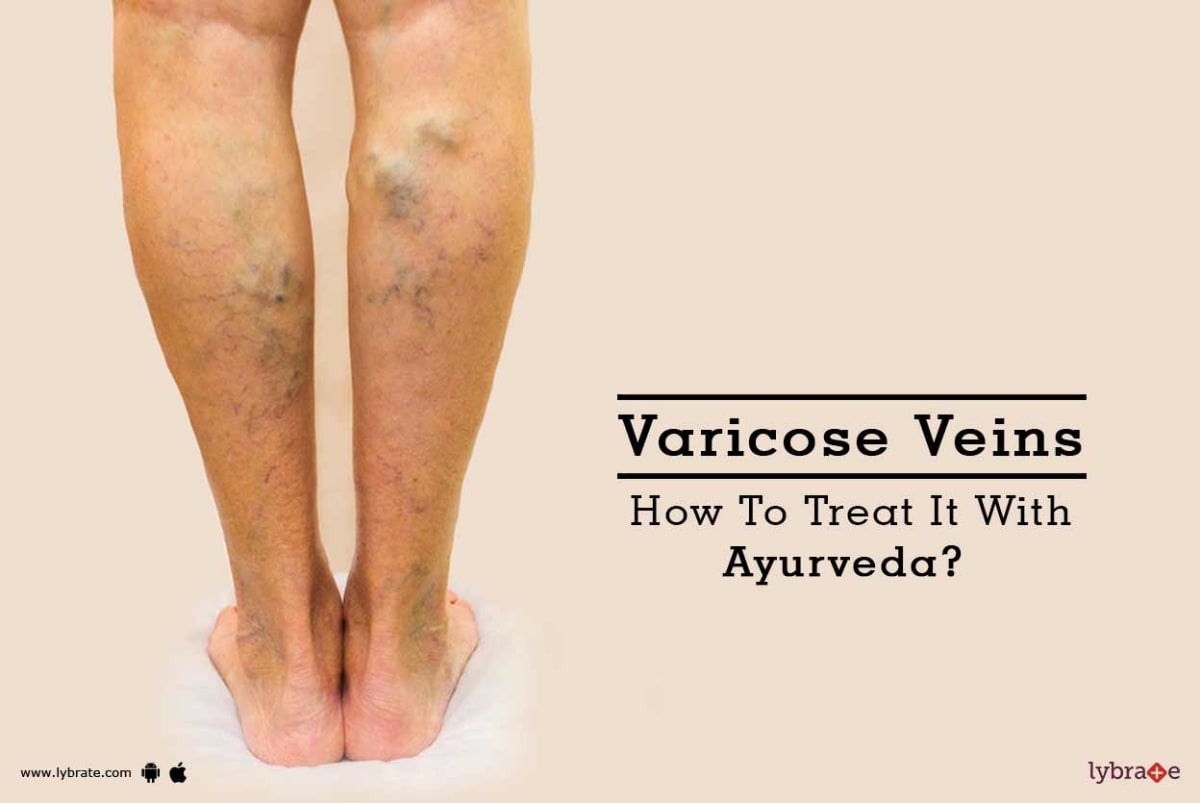
If you’re experiencing swelling and heaviness in your legs and feet, or pain and throbbing, it may be time to consider varicose vein treatment. There are a number of natural ways to reduce symptoms, including eating an anti-inflammatory diet, wearing compression stockings, and using herbs.
These herbs work in the body to improve circulation and reduce swelling. Some are available as dietary supplements or topical ointments.
Butcher’s Broom
Butcher’s Broom (Ruscaceae) is a small shrub that grows up to one foot tall with flat leaf-like branches known as cladophylls. They produce tiny green or white flowers in late winter and spring.
It’s commonly used as a natural remedy for hemorrhoids, varicose veins and other vascular problems. Studies show that it helps veins contract and reduce edema.
Orthostatic hypotension : It’s also believed that butcher’s broom can help prevent this rapid drop in blood pressure called OH that can cause lightheadedness, dizziness and weakness when you stand up too fast. This is a common problem in older people.
Butcher’s broom has been used by traditional healers for centuries to treat a variety of ailments, including varicose veins and hemorrhoids. It contains steroidlike compounds called ruscogenins and neuroscogenins that constrict the veins. It’s also thought to be anti-inflammatory.
Garlic
Garlic is one of the world’s most important culinary ingredients. It grows underground in the form of a bulb (called a head) that is comprised of individual sections called cloves.
Its intense aroma and flavor make it a staple in many recipes around the world. Fresh garlic can be easily purchased at your local grocery store.
Ideally, you should choose a firm head of garlic that is plump and not soft or spongy looking. Also, avoid bulbs that have sprouted as this is a sign that they are older and not as fresh.
There is some evidence that garlic may help reduce the risk of atherosclerosis, a condition that affects the arteries. This can be achieved by taking a supplement that contains a specific type of garlic extract called AGE, which reduces the levels of tumor necrosis factor-a and the IL-1 receptor-associated kinase 4. The same supplement also seems to improve the elasticity of the arteries by reducing how much they harden over time.
Witch Hazel
A plant that is native to North America, witch hazel (Hamamelis virginiana) has a long history of medicinal use. It contains tannins and gallic acid that help reduce inflammation in the body.
The herb has been used for centuries to clear skin problems and relieve rheumatism and muscle pain. It also helps with wound healing and calming irritations in the digestive tract.
It can also be used to treat hemorrhoids and swollen veins. Disposable pads that contain witch hazel can be purchased to treat these conditions.
It also has potent antioxidant properties that can help prevent oxidative damage. Its antibacterial qualities can also be beneficial to reducing infection. Its anti-inflammatory properties can help reduce the symptoms of psoriasis and eczema.
Marigold Flower
Marigold Flower can help to improve circulation and reduce swelling. You can brew a tea from the flowers and drink it a few times a day or you can apply a compress made of the leaves to the affected area.
In addition to helping to improve circulation, the flavonoids and other compounds in Marigold Flower also reduce pain and inflammation caused by varicose veins. It’s also a good source of Vitamin C, which has been shown to encourage collagen production and strengthen capillaries.
It has also been found to reduce itchiness, redness and dryness caused by varicose veins. Additionally, it can hydrate dry skin and help to speed up the healing process after a surgery or injury.
The flowers can also be used to treat various ailments, such as gastritis, acid reflux and ulcers, and inflammatory bowel diseases. They can also be consumed in tea form to help ease digestion internally and improve liver health. Alternatively, they can be applied topically in ointment/extract form to seep into tense muscles through the skin.
Frequently Asked Questions
Is eating raw basil good for you?
I'm sure everyone knows that fresh herbs are great for cooking but did you know that you could eat them too? Raw, uncooked herbs are packed full of nutrients and vitamins that we normally have to cook.
They contain more antioxidants than any fruit or vegetable. And they also help our immune systems stay strong and healthy.
The best way to enjoy these delicious little green gems is to eat them raw from the garden. But there's nothing wrong with enjoying them cooked, either. They taste even better when sautéed in olive oil and served alongside pasta or rice.
There are lots of ways to incorporate raw herbs into recipes. Add them to salads, soups, sandwiches, wraps, omelets, stir-fries, and pesto.
Just make sure you wash them well first!
What herbs should you take daily?
Depending on your health and wellness needs, many herbs can be taken daily to help improve your overall health.
Popular herbs for daily consumption include ashwagandha, turmeric, ginger, holy basil, chamomile, lavender, peppermint, and cayenne pepper. Ashwagandha is an adaptogenic herb that can help the body resist stress and anxiety. Turmeric is known for its anti-inflammatory properties, while ginger has been shown to aid digestion and boost immunity. Holy basil may help with managing blood sugar levels, as well as providing a calming effect. Chamomile can promote relaxation, while lavender is used in aromatherapy for its calming properties. Peppermint can help aid digestion and reduce nausea, while cayenne pepper has antibacterial properties that may boost your immunity.
As always, you must consult your doctor before taking herbs daily to ensure they are safe for you and do not interact with any other medications or herbs you may be taking.
There is no shortage of information on what foods we should eat and how much exercise we should do. But when it comes to what supplements we should take, there is a dearth of knowledge.
This is because most of us aren’t sure which ones work or which are junk. So we go online and look up whatever we can find.
But often, these articles are written by companies trying to promote their products. Which means they're usually biased toward their product.
So instead of finding unbiased advice, we end up reading marketing hype.
This makes sense since marketers make more money selling stuff than doctors.
The medical industry isn’t even allowed to advertise directly to consumers anymore. The best way to learn about natural remedies is to read independent reviews.
This is where you'll find real users sharing their experiences with each supplement. These sites give you an honest opinion of whether or not a particular herb helps.
Users will often share their experience with a supplement after taking it. This gives you a good idea of its effectiveness and any side effects.
You can also check out forums dedicated to herbalism. Here you can ask questions and receive answers based on personal experience.
Of course, there are plenty of other ways to learn about herbs.
There are books, websites, blogs, videos, podcasts, and classes. All of them provide valuable information about natural remedies.
What herb is best for healing?
Herbs are a fantastic way to help heal our bodies. Herbal medicine has been used since ancient times and continues to grow today. There are thousands of herbs known to cure various ailments.
Some herbs are excellent for treating colds and flu, while others can treat anxiety, depression, arthritis, cancer, diabetes, heart disease, and more.
There are also herbal remedies for skin care, hair loss, weight loss, sexual health, energy, sleep, digestion, and much more.
The list goes on and on. But one herb stands above them all regarding its ability to heal. That herb is called aloe vera.
Aloe Vera is considered to be the world's most powerful healer. For centuries it has helped people heal themselves naturally without any side effects.
It's incredible how well aloe vera works. It's even better than prescription drugs and surgery.
In addition to its natural healing properties, aloe vera is highly versatile and can be used in almost any area of life, including food, beauty products, and household cleaning supplies.
You may not realize this, but aloe vera contains hundreds of active compounds, which include vitamins A, C, E, B1, B2, B3, B6, folic acid, calcium, magnesium, iron, zinc, copper, sulfur, manganese, phosphorus, potassium, sodium, chloride, fluoride, iodine, selenium and more.
These nutrients are essential for human body functions such as cell growth, metabolism, immune system support, healthy bones and teeth, healthy blood pressure levels, healthy eyesight, healthy cardiovascular systems, healthy digestive systems, healthy lungs, healthy nervous system, healthy reproductive organs, healthy skin, and healthy libido.
Which plant can heal wounds?
Plants are amazing creatures. They grow, they live, and they die. They make food, clean our air and water, and help keep us healthy. But plants also do more than that...they heal wounds.
Plants release molecules called phytochemicals when they are injured. These chemicals act as antioxidants, which protect cell membranes from damage and promote healing.
Phytochemicals found in plants include flavones (found in citrus fruits), terpenoids (present in mint leaves), and polyphenols (common in berries).
In addition to these protective compounds, plants contain proteins, vitamins, minerals, amino acids, fatty acids, and carbohydrates that support the body's natural processes of healing.
The best way to use plants to heal wounds is to consume them directly. However, there are ways to apply the power of plants to treat wounds without eating them.
First, soak a cotton ball in an extract from the St John's Wort herb. This product contains salicylic acid, which helps reduce inflammation.
Next, place the soaked cotton ball on the wound. Avoid applying the herb directly to open cuts, burns, or puncture wounds. If you feel any burning sensation, remove the herb immediately.
You may also find that placing a few drops of essential oil on the affected area promotes faster healing. Lavender essential oil reduces swelling and speed recovery; rosemary stimulates blood flow and increases circulation; peppermint relieves headaches and muscle aches.
If you want to try your hand at growing some of your medicinal herbs, here are some tips:
- Start with small pots, so you don't end up with too much of one particular type of plant.
- Grow several different types of herbs together. The same goes for flowers and vegetables. Mixing it up will ensure you get all the benefits of each plant.
- Use organic fertilizer if you're growing your herbs indoors. Non-organic fertilizers may be harmful to your health.
- Harvest regularly. You'll enjoy the freshness of homegrown herbs, but leave enough time between harvests to allow the soil to replenish itself.
- Be careful not to overwater your plants. Overly wet soil encourages mold growth, which isn't suitable for your herbs.
- Wash your hands after handling your herbs. You don't want to risk spreading bacteria onto your plants!
Which herbs are healing herbs?
If you look for healing herbs, you won’t find them in the supermarket. There isn’t any place to buy them. There is no store selling them.
You haven’t been able to find healing herbs because they aren’t sold anywhere. They are grown right here in our backyard.
Healing herbs are plants that grow naturally in North America. Like many common household items, these herbs grow throughout the United States and Canada.
These herbs treat minor ailments such as colds, flu, sore throats, coughs, and headaches. Many of these herbs have been used for centuries to help heal wounds and promote overall health.
Of course, when we say “heal,” we mean more than simply treating an illness. We also refer to the ability of these herbs to restore balance and harmony within ourselves and the world around us.
For example, the chamomile herb helps relieve stress. This means that if you feel stressed out, you may benefit from taking chamomile tea. Chamomile tea has been shown to reduce anxiety and nervous tension.
In addition, chamomile tea has been proven effective in relieving insomnia.
Chamomile tea has many other benefits, including its ability to ease stomach aches and gas pains and even improve digestion.
Another popular healing herb is Echinacea. Echinacea is known for helping to fight infections and boosting the immune system.
Echinacea is commonly taken internally and externally to fight infection, prevent viral diseases, and boost immunity. It is safe to use during pregnancy and lactation.
Echinacea also helps reduce muscle pain and inflammation. You can take echinacea orally or topically (as an ointment).
This herb is available in both liquid and capsule form. Liquid echinacea is often mixed with honey and lemon juice. The mixture is then strained and consumed.
Capsules are usually made of freeze-dried plant material. They contain standardized amounts of active ingredients. To use capsules, swallow one or two a day.
The third type of herbal remedy is called tincture. Tinctures are alcoholic extracts of herbs. They are typically used to treat internal problems. Tinctures are generally diluted before being ingested.
Tinctures can be taken orally or applied topically. For oral consumption, dilute tinctures with water. Some people prefer to mix tinctures with food.
Tinctures are easy to prepare. Put about one tablespoon of dried herb into a bottle containing enough alcohol to cover the herb completely. Allow the mixture to sit for several weeks. Then strain and consume.
You may want to try some of these natural remedies to see which ones work best.
Statistics
- The global herbs market is expected to reach more than $125 billion by the end of 2025.
- Herbs are among the most popular and widely used medicinal remedies. According to a survey conducted by the National Institutes of Health, herbs were used by over 38% of adults in the United States.
External Links
mskcc.org
- Ashwagandha | Memorial Sloan Kettering Cancer Center
- Grape Seed | Memorial Sloan Kettering Cancer Center
amazon.com
pubmed.ncbi.nlm.nih.gov
ncbi.nlm.nih.gov
- Antioxidant capacity of 26 spice extracts and characterization of their phenolic constituents - PubMed
- Cinnamon: A Multifaceted Medicinal Plant - PMC
How To
How to use herbs safely?
Many people think that herbs should only be used under medical supervision because they believe that some herbs are poisonous. However, this is not true.
Many herbs have long histories of safe use. For example, garlic has been used for thousands of years to fight infections. It's also been shown to lower cholesterol levels and reduce high blood pressure.
However, if you're pregnant or nursing, avoid taking certain herbs. You should also avoid them if you suffer from allergies or sensitivities to herbs.
You can do several things to ensure you get the best results from your herbs and supplements. First, always read labels before consuming anything containing herbs or spices. Second, take the lowest dose recommended on the label. Third, don't use more than one supplement at any given time. Fourth, talk to your doctor about how to combine specific herbs and supplements. Finally, keep track of your consumption to know whether you need to adjust your dosage.
Resources:
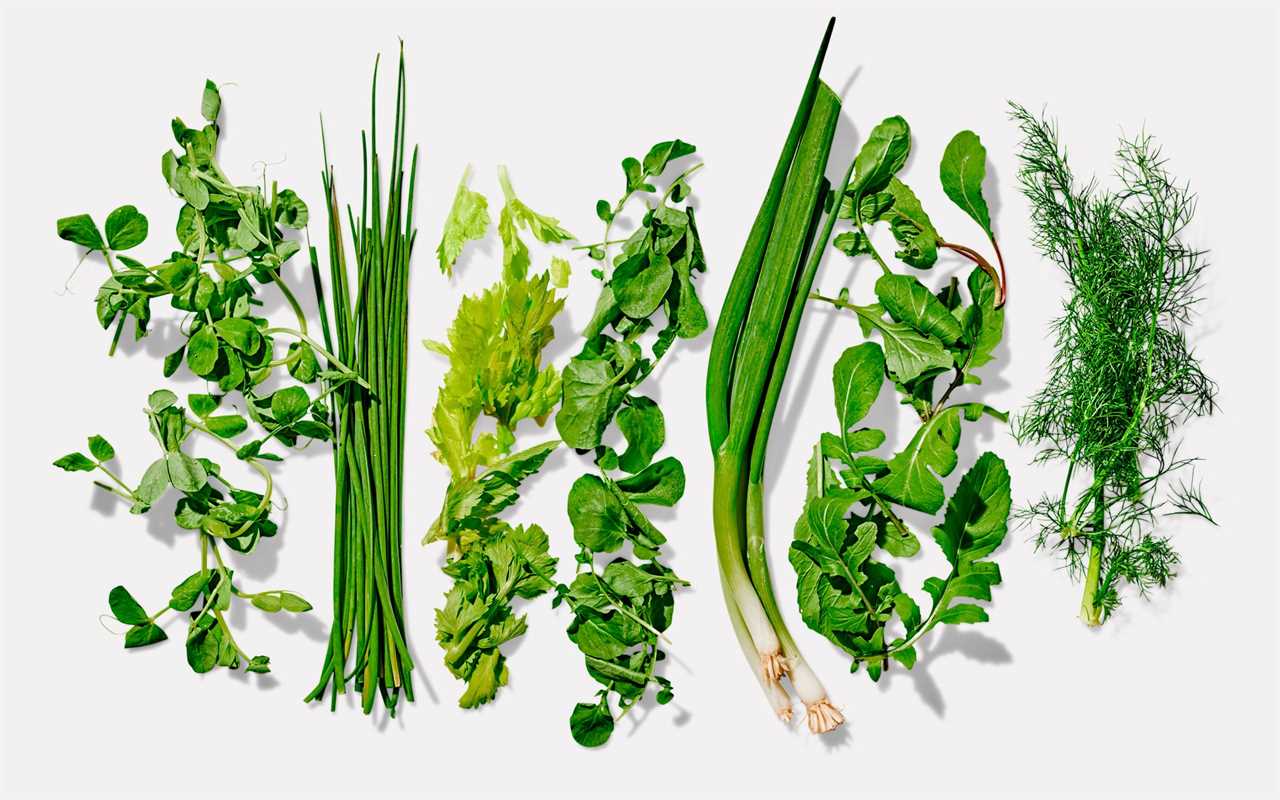 |
10 Tips To Clear Blood Clots (Naturally)In this video we explore 10 tips to clear blood clots naturally to protect against strokes, heart attacks, deep vein thrombosis etc.. The human body is |
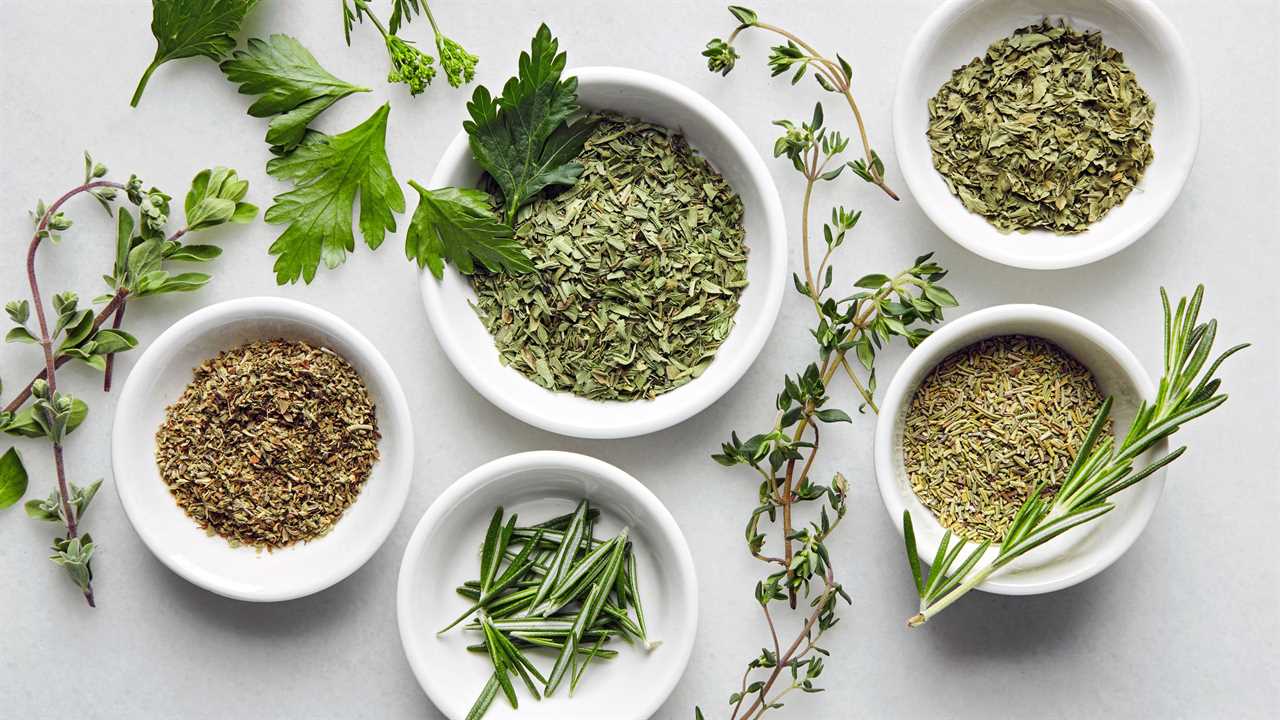 |
8 of my Favorite Herbs to use to Sleep| How To Sleep Better With These 8 Natural Herbs | Good Sleep8 of my Favorite Herbs to use to Sleep| How To Sleep Better With These 8 Natural Herbs | Good Sleep Get 15% off your first purchase of Dr. Peace Lily's |
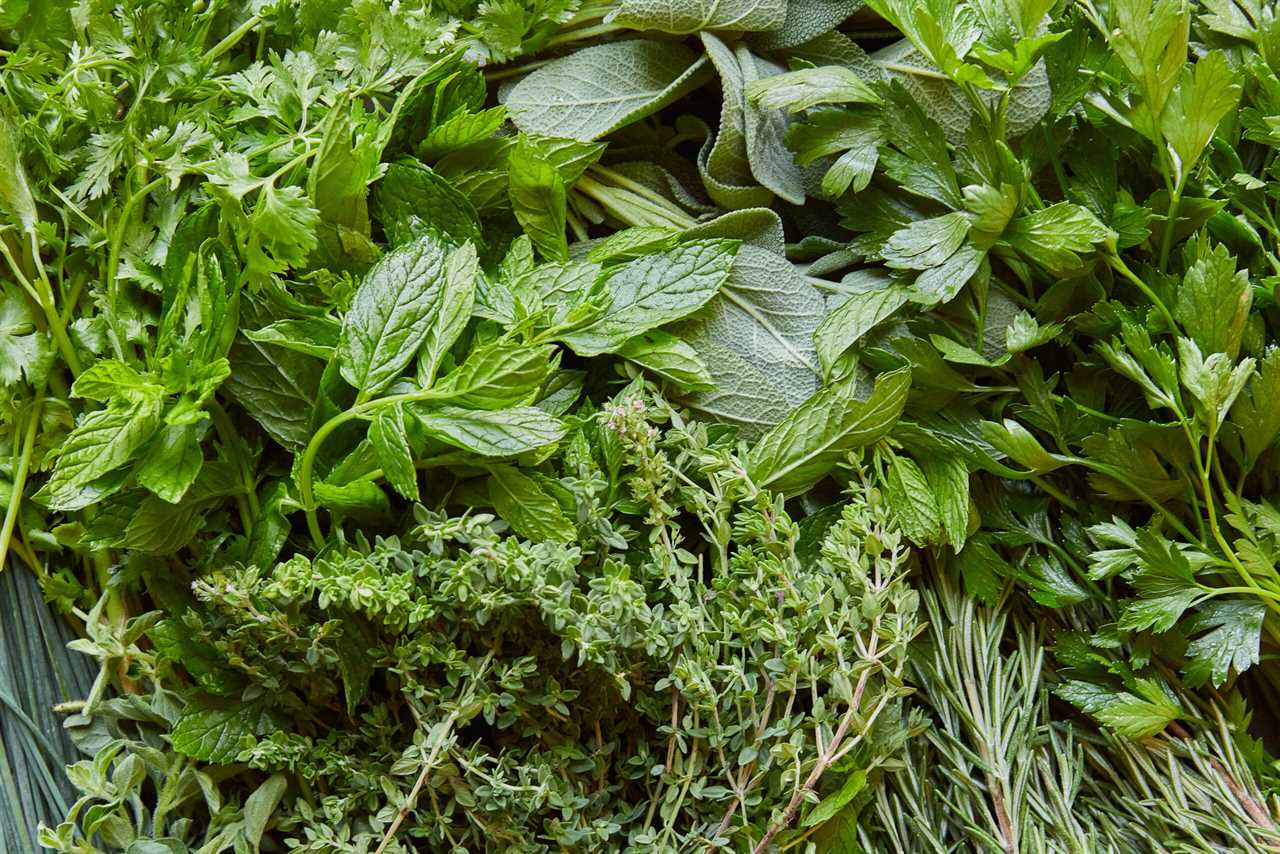 |
Going Through My Medicinal Herbs: Organizing the Apothecary part 1Take a little journey with me into my herb room, where I store my medicinal herbs. I'm in the process of going through these and my herbal preparations |
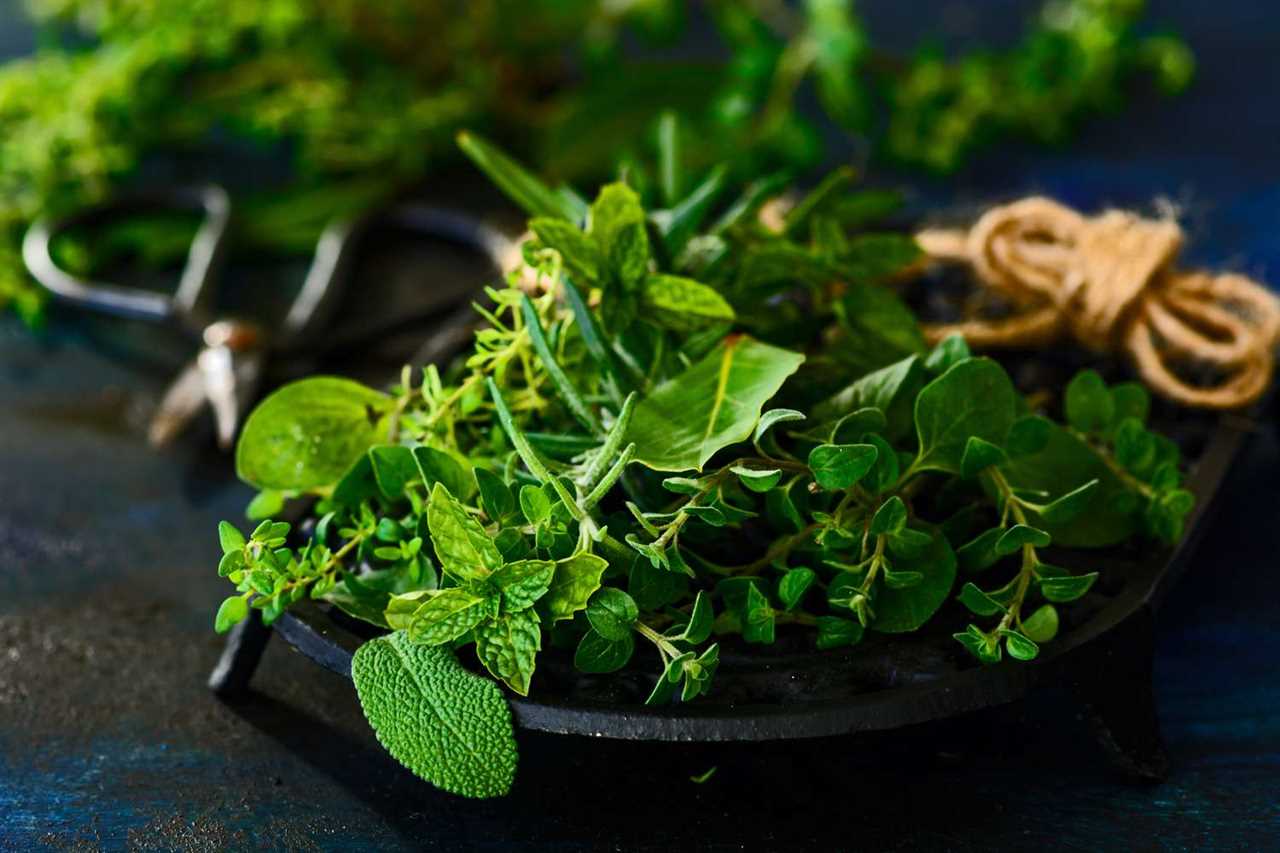 |
Food as Medicine with Master Herbalist Patrick DelvesAccording to Master Herbalist Patrick Delves, "People are bombarded with different sicknesses because of lack of knowledge and they are now slaves to the |
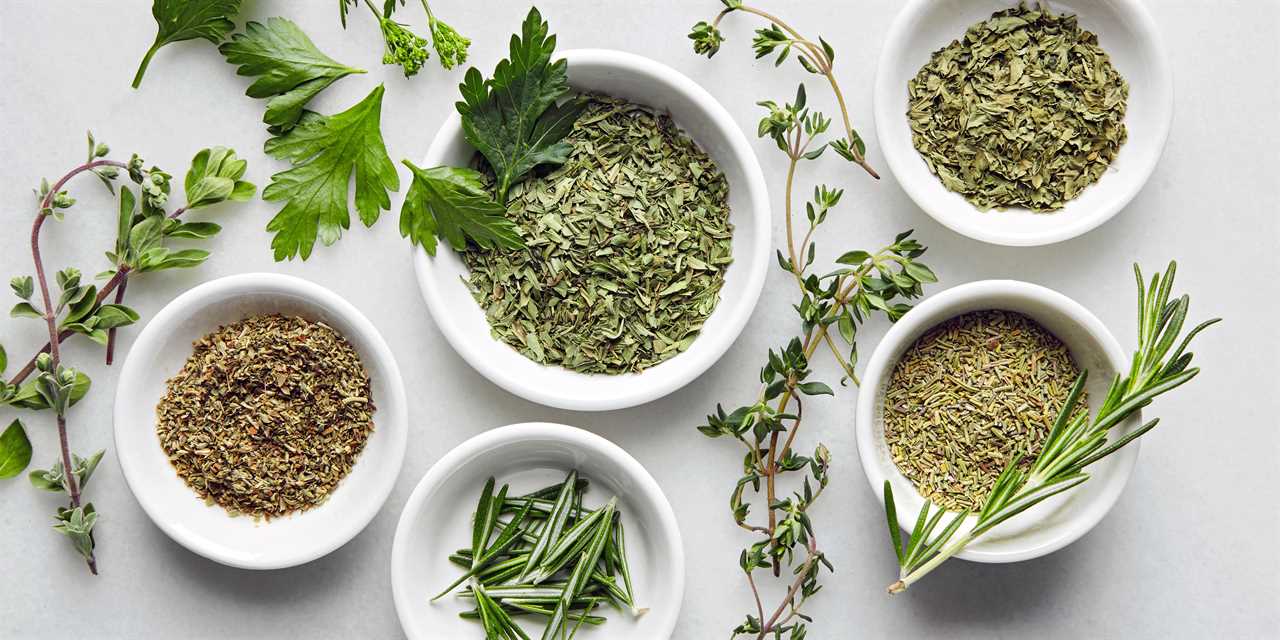 |
It''s starting, Bill Gates announces the next pandemic date and outbreak location | Redacted NewsWell Bill Gates and the WHO have ran a simulation of the next pandemic, coming soon to a government near you in 2025. The Johns Hopkins Center for Health |
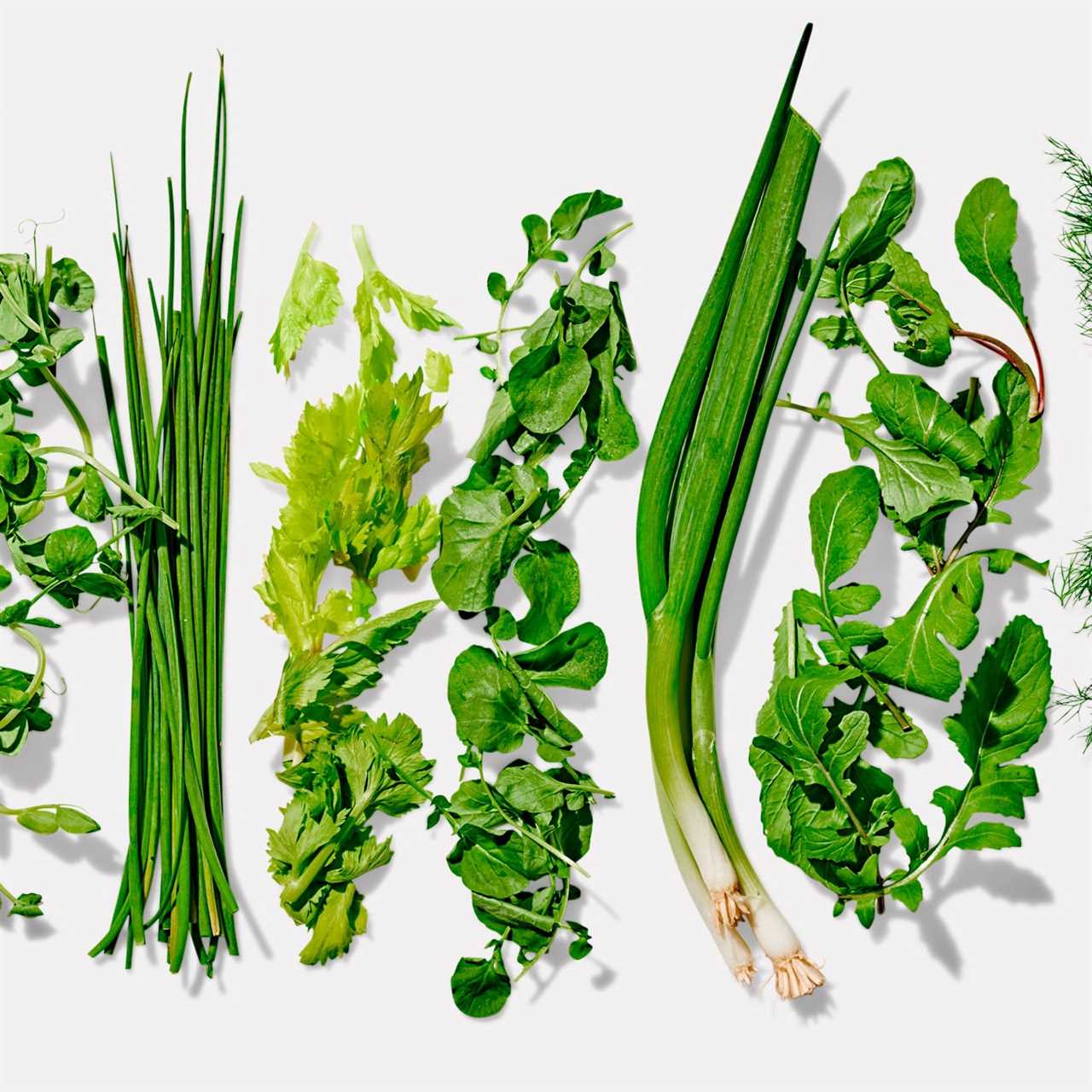 |
Everything Wrong with Dr.Berg’s Channel (The Amount of Misinformation is INSANE!)Go to https://thld.co/kettleandfire_abbey_0622 and use code ABBEY for 20% off a variety pack today! Thanks to Kettle and Fire for sponsoring today's video |
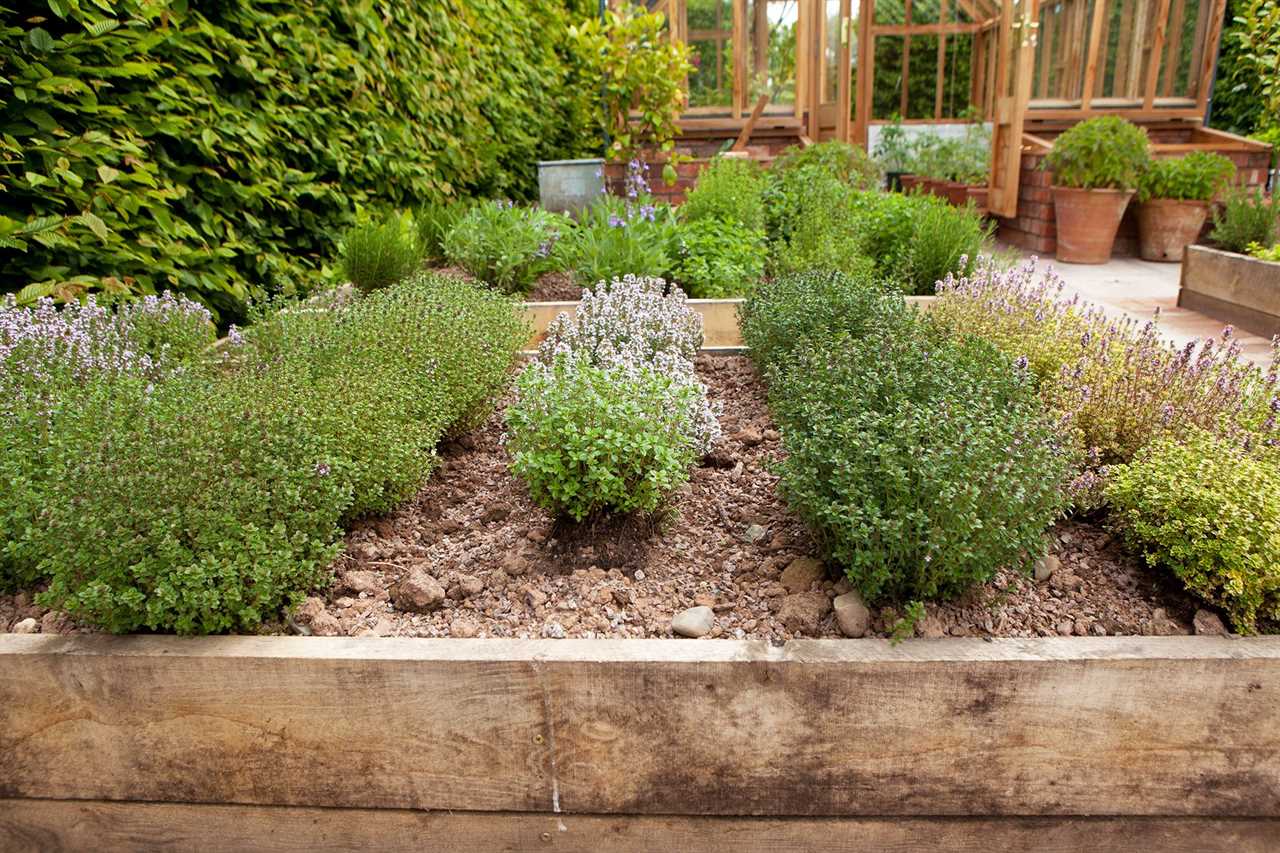 |
How I Reversed 20 years of Arterial PlaqueClick this link for more Videos! https://www.youtube.com/channel/UCmoEsq6a6ePXxgZeA4CVrUw?sub_confirmation=1 The Demonization of Stati […] |
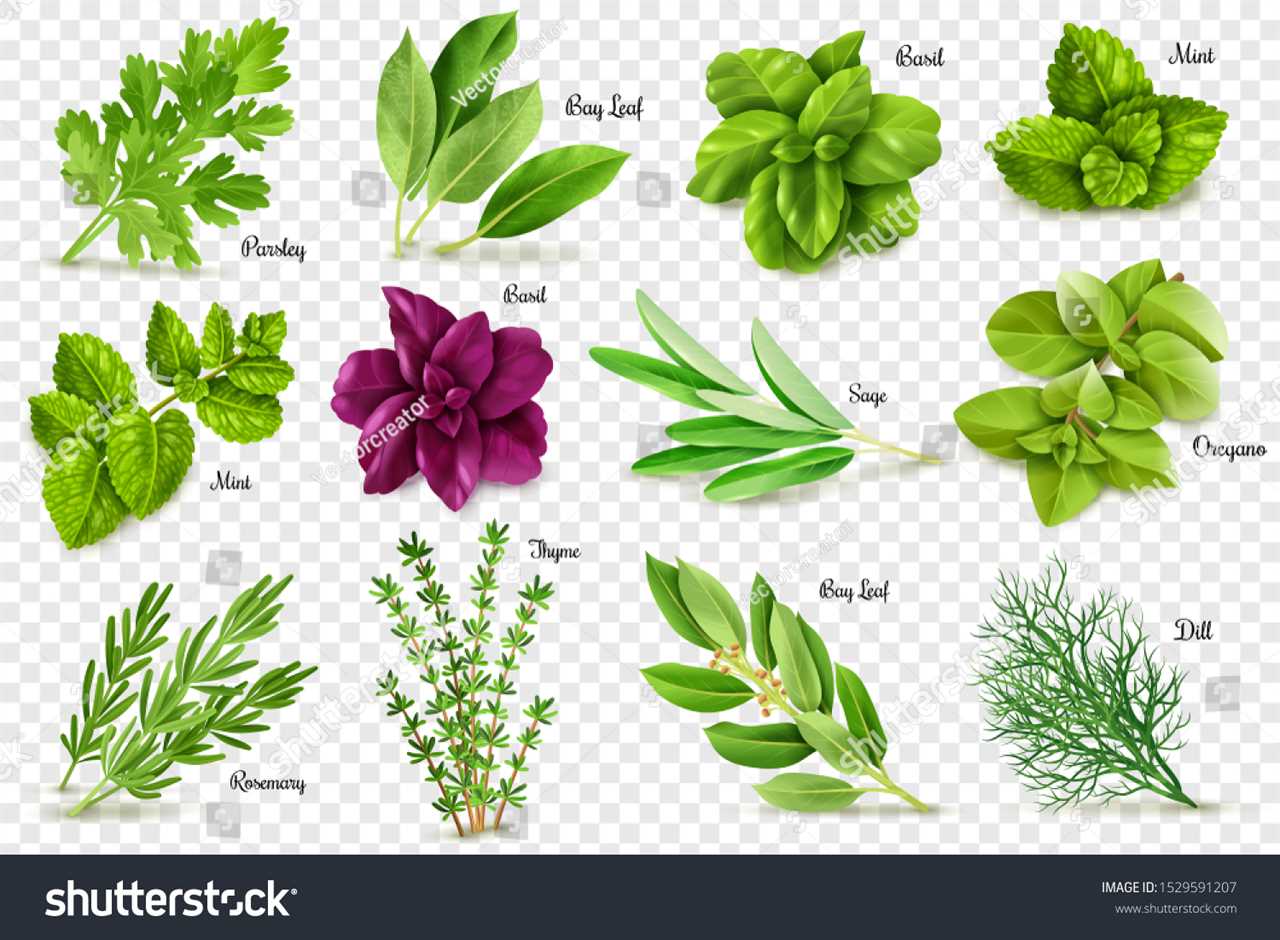 |
Formulating a STRONG Respiratory Tincture!herbalism #apothecary #homesteading This time of year is the season of giving... Germs included! Join me as I blend a strong tincture with the intentions to |
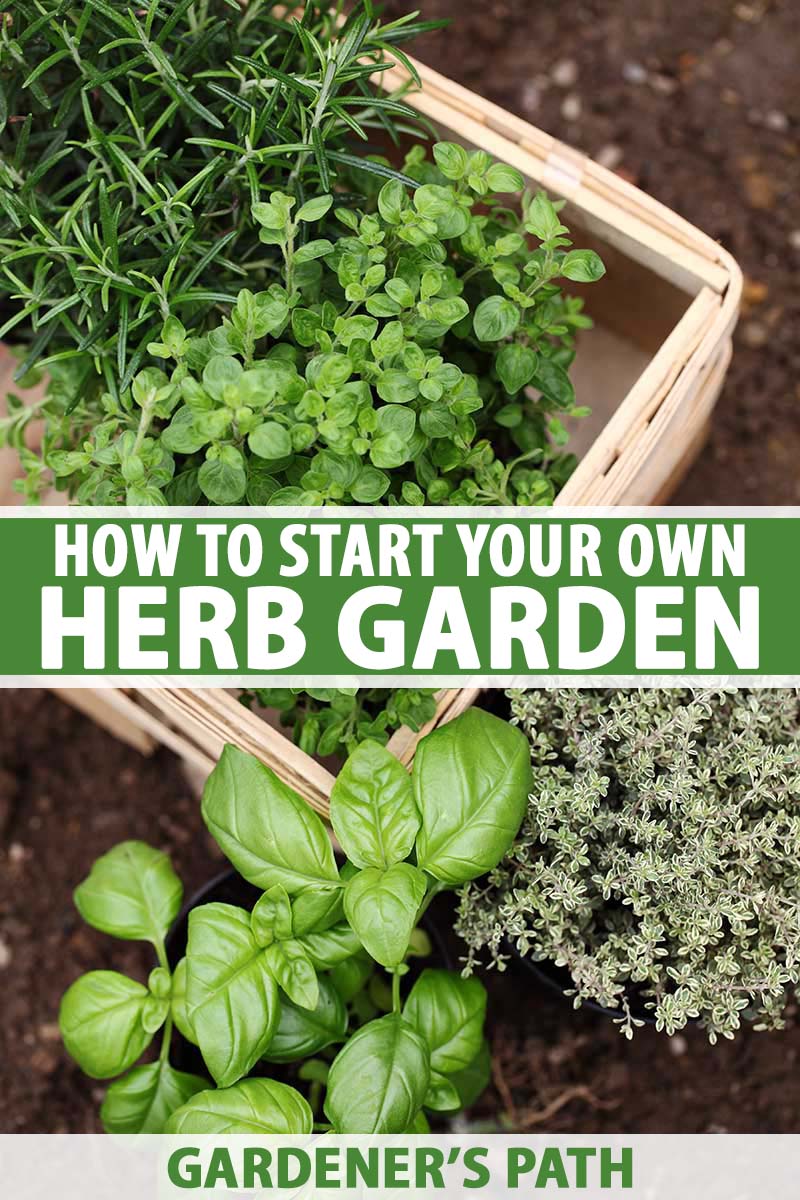 |
Herbs that Heal with Simon MillsToday on the podcast I have the pleasure of talking to Simon Mills, a complementary health pioneer from the inception of the term in 1979, and later in the |
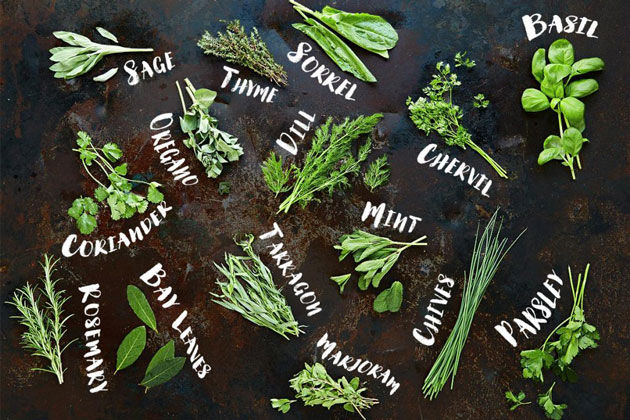 |
The Geography of Spices and HerbsSpices are one of the best part of eating. But just like fruits, every spice has a different story to be told. Today we're diving into the geography behind |
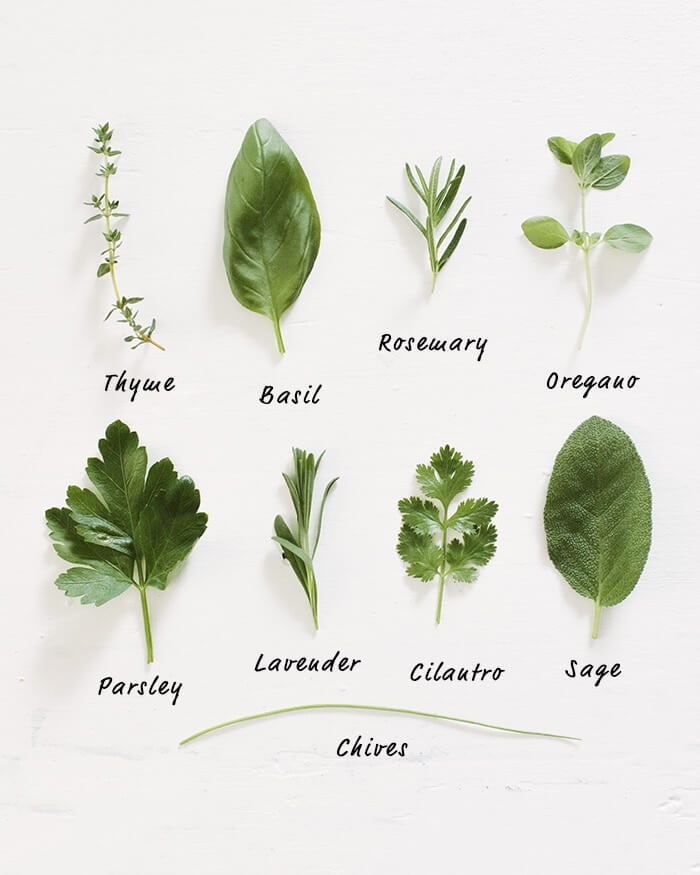 |
Tips For Dehydrating FoodsThe body reacts to dehydration by stimulating the thirst center, a powerful urge to drink fluids. However, if water intake does not match the amount.. |
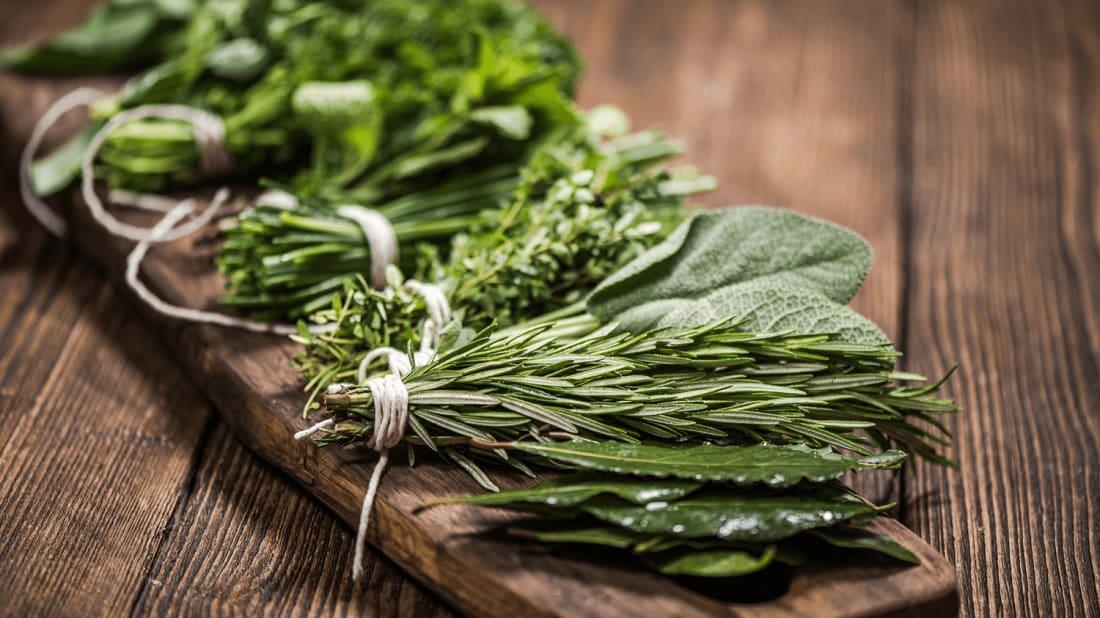 |
Join 10,000 Students Who Have Learned Herbs with Michael and Lesley Tierra - East West School of Planetary HerbologyLearn herbs from respected professional herbalists offering world-class herbalist training. The NEW Professional Herbalist Course includes courses on over 600 |
 |
How to Get Your Hands on TurmericTurmeric is one of the best natural remedies available for many ailments, from arthritis to cancer. Its properties are known for its powerful.. |
 |
Slippery Elm and EssiacSlippery elm is native to eastern North America and has numerous uses, including the treatment of GERD and irritable bowel syndrome. However,.. |
 |
Health Benefits of DillDill is an annual herb in the celery family Apiaceae. It is the sole species of the genus Anethum and is widely cultivated in Eurasia. The herb is.. |
 |
Licorice Root Benefits and Side EffectsLicorice is a flowering plant of the bean family, Fabaceae, and it is used as a sweetening agent. The root of Glycyrrhiza glabra is extracted for its |
 |
What Are the Benefits of Green Tea?Whether you're trying to lose weight or simply feel better, green tea is a great way to get the benefits you're looking for. It contains catechins.. |
 |
The Best Way to Chop Fresh HerbsTo properly chop fresh herbs, you should purchase them in a deep green color and smell fresh. You should then wash them well under running water and.. |
 |
Seasoned Baby PotatoesIf you're looking for a recipe for seasoned baby potatoes, you've come to the right place. Learn how to make seasoned potatoes with herbs and spices, |
 |
Health Benefits of Italian ParsleyBefore using Italian parsley, rinse it thoroughly under cool water. This will help remove any dirt or dust that may be attached to the leaves. Wrap.. |
 |
The Benefits of Herbal TeaHerbal teas are made from the infusion of plants and other plant materials. They are also known as herbal infusions or tisanes. Although there are.. |
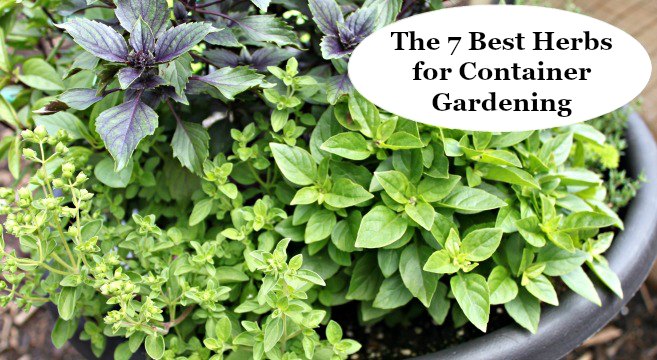 |
Herbs in Pots - How to Grow Delicious Herbs in PotsThere are many things to know when growing herbs in pots. The growing conditions, Containers, Soil amendments and watering are just a few of the.. |
 |
Choosing Annuals For Your Herb GardenIf you have ever wanted to have an herb garden, it is important to know that there are several important factors to keep in mind. Herbs require good.. |
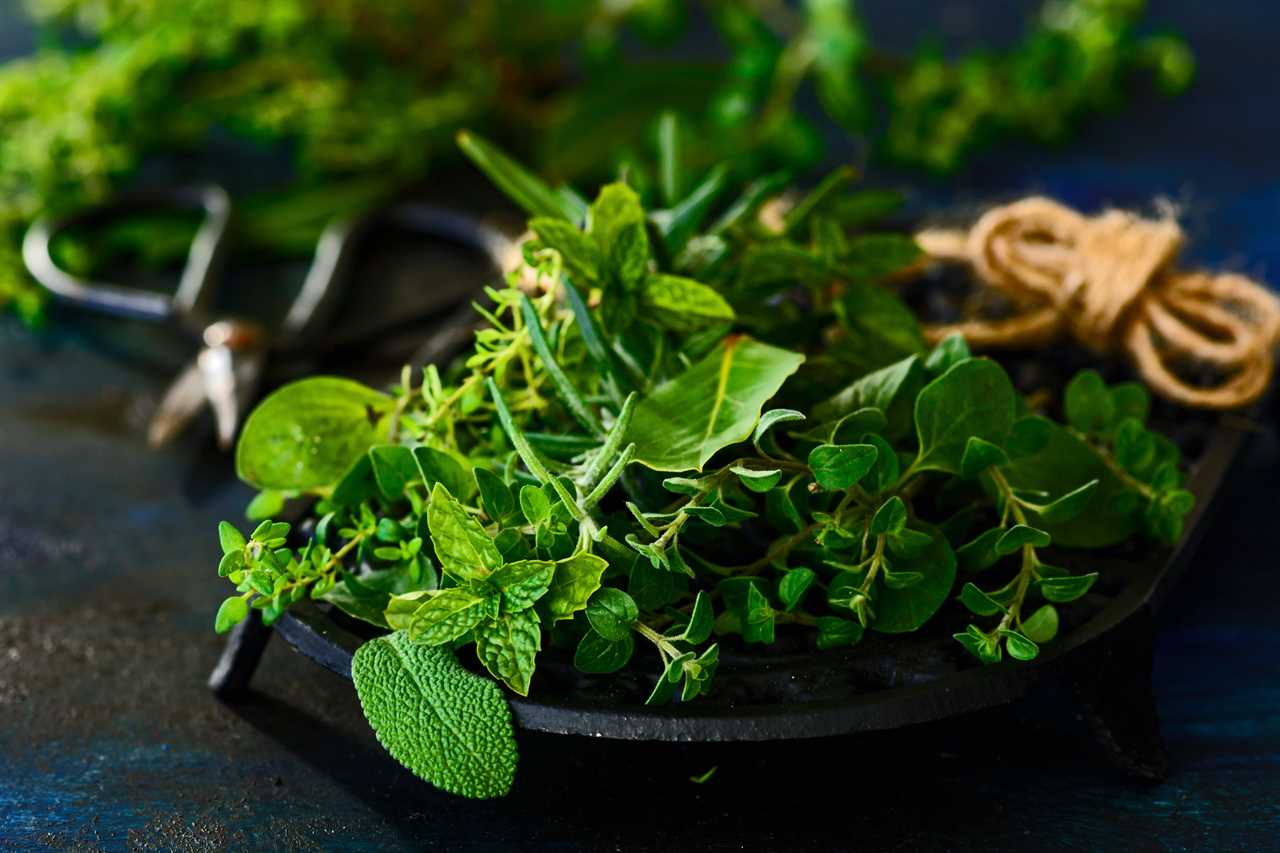 |
Home of HerbsFind out more about herbs and how to use them |
 |
The Advantages of Substituting Dried Herbs For FreshThere are many advantages to substituting dried herbs for fresh. They are cheaper, more potent, and less dusty. These are the reasons that I prefer.. |
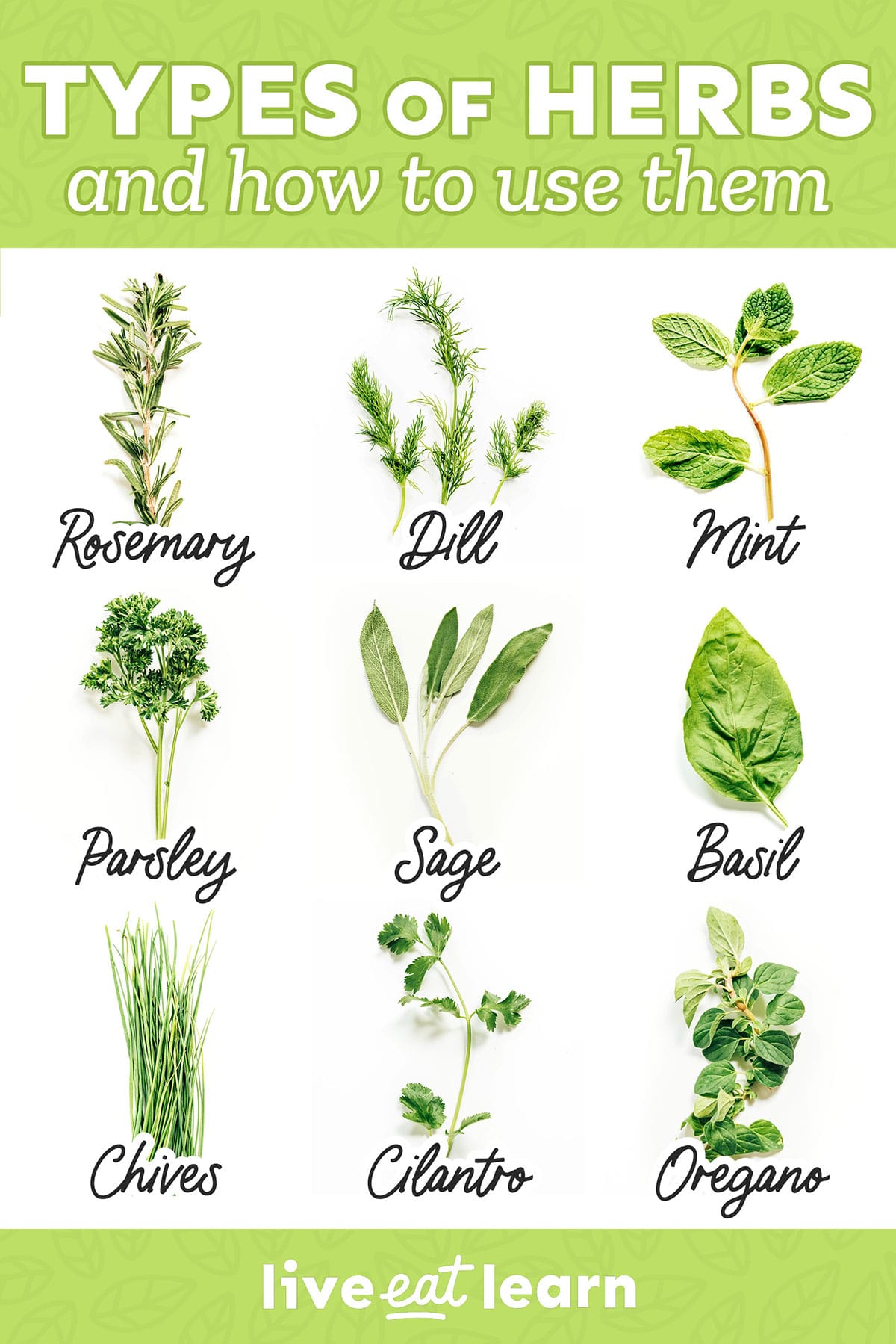 |
Substitute For Dried ParsleyIf you want to make a recipe without parsley, try using cilantro, dill, oregano, or sage instead. They are all delicious substitutes for dried.. |
 |
Herbs That Grow in WaterThere are several types of herbs that grow in water. These include Cilantro, Thyme, Oregano, and Lavender. Here are some tips to help you grow these.. |
 |
Perennial Herbs For Zone 4If you're in Zone 4 and are looking for perennial herbs, lemongrass and thyme are great choices. These plants thrive in cooler climates and can be.. |
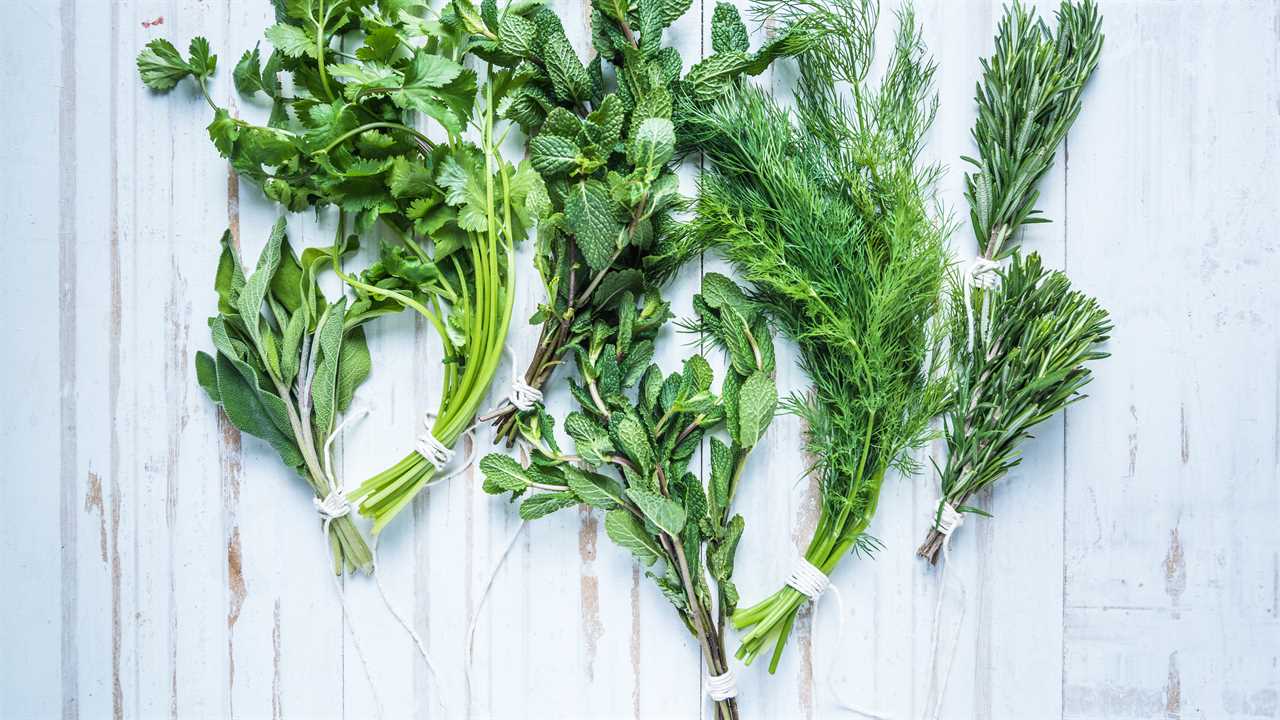 |
Tips For Growing MenthaA mint plant is a great choice for a water garden or small water feature. They have light lavender flowers, dark green leaves with purplish veining,.. |
 |
Medicine From PlantsThe use of medicine from plants has long been an essential part of traditional Chinese medicine. This ancient practice involved a wide range of plant |
 |
Ayurvedic Medicine Side EffectsAyurveda is an alternative medicine with historical roots in the Indian subcontinent. While its theory is considered pseudoscientific, it is still.. |
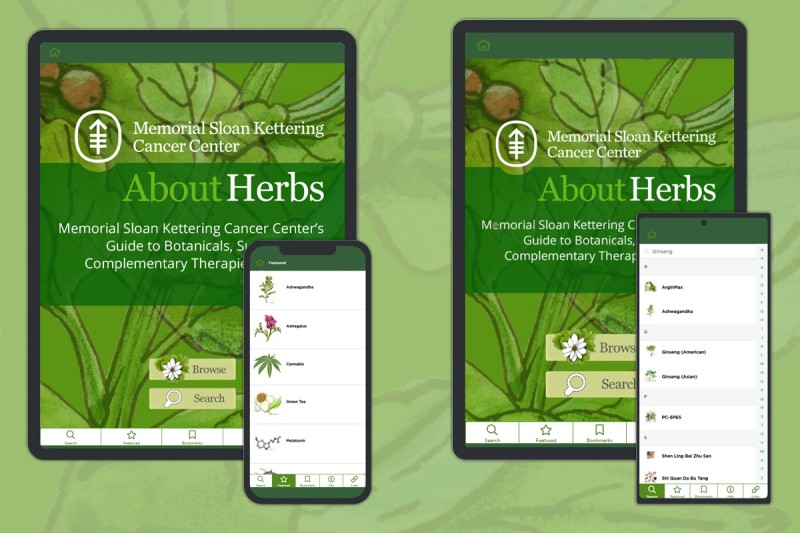 |
Growing Herbs IndoorsGrowing herbs indoors has a number of benefits, including increased yield and reduced watering. It can also be beneficial for people who are.. |
 |
6 Herbs High in MagnesiumMagnesium is an important mineral that plays an essential role in heart, brain, and musculoskeletal health. Since magnesium is required ... Read more |
 |
Citrus Bergamot vs. Red Yeast Rice: Similarities & Differences ExplainedCitrus bergamot and red yeast rice are two herbs compared to each other due largely to their potential to reduce ... Read more |
 |
Citrus Bergamot vs. Bitter Orange: Similarities & DifferencesCitrus bergamot and bitter orange are both popular herbs with health benefits for metabolism and weight loss. However, they both ... Read more |
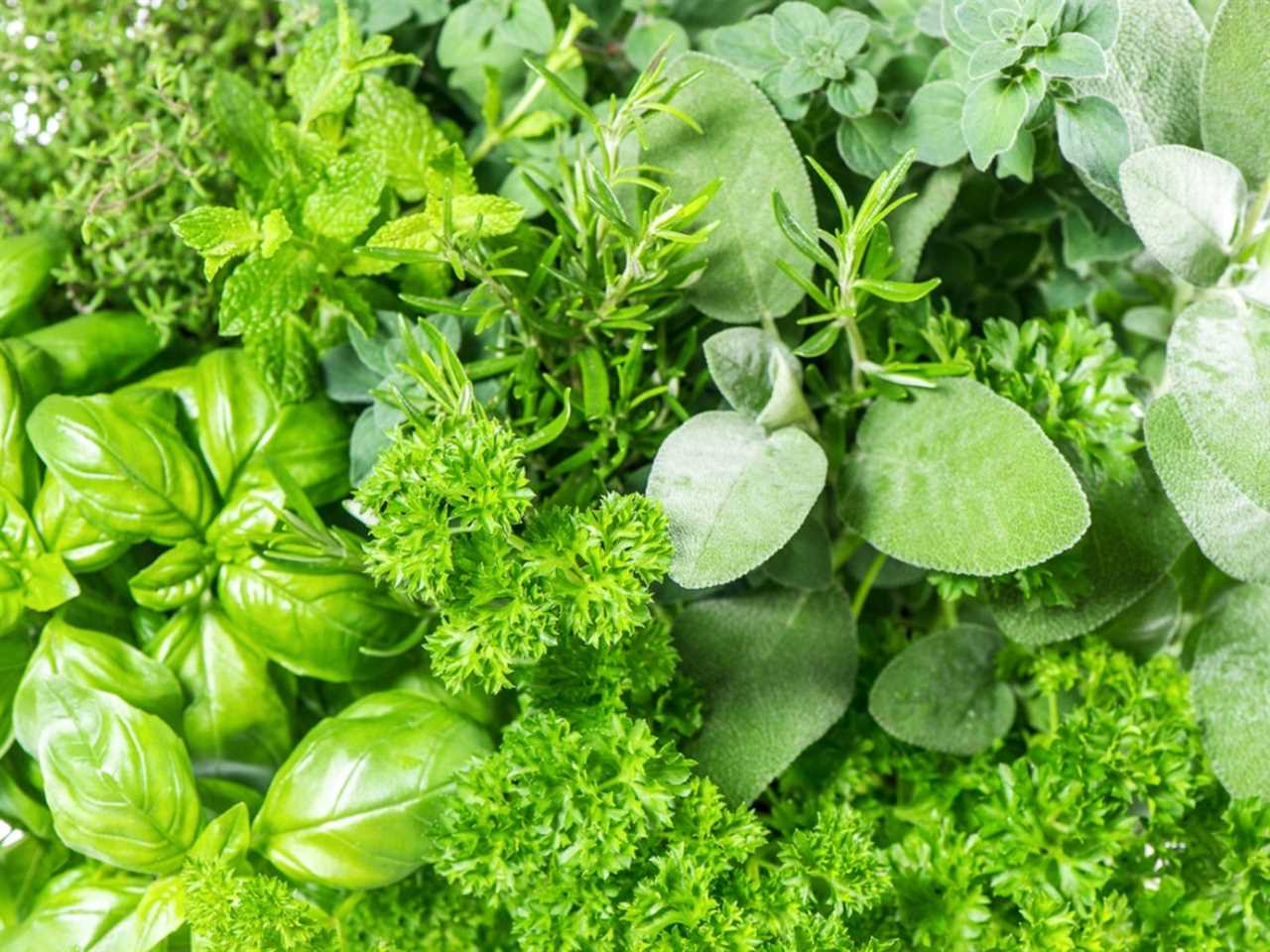 |
The Cup of LifeLike life, tea is what you make of it and The Cup of Life helps individuals enjoy tea in more than one way. Join me on my tea adventures through my blog! |
 |
6 Herbs High in ZincZinc is an important trace element that contributes to immune function, tissue repair, and gene synthesis. Since zinc is involved ... Read more |
 |
5 Herbs High in PotassiumPotassium is a mineral that plays a crucial role in maintaining overall health and wellness, especially for muscle and nerve ... Read more |
 |
Feb 14, How to Use Ground Ivy with Val AlcornIt’s always exciting to hear about a little-known herb with powerful medicinal action. Join this conversation about ground ivy with Val Alcorn! |
 |
Feb 21, Benefits of Calamus Root with jim mcdonaldJoin me and my friend and herbalist jim mcdonald as we discuss the benefits of calamus root, including clearing away mental cobwebs and enhancing your focus. |
 |
Mar 1, Cottonwood BenefitsJoin me in this episode all about cottonwood and find out why it has been used as medicine and to make a variety of tools for thousansa of years! |
 |
Mar 7, The medicine of calamus root (rhizome) and leaves with Karyn SandersIt was an honor and a deep pleasure to have this informative conversation about calamus root benefits with Karyn Sanders. Join us in this new episode! |
 |
Mar 14, Dandelion with Nancy PhillipsLet's sit down and discuss dandelion with herbalist and author, Nancy Phillips |
 |
Delicious Elderberry Syrup Gummies for Cold Flu & SleepElderberry syrup is immune enhancing and protective against colds and flu. It’s one of my favorite natural remedies for avoiding or beating the flu. These flu |
 |
Helpful Plant Remedies For Anxiety And StressFeeling anxiety and stress lately? Are you feeling frustrated and wish you could just find a way to relax? Do you find that your heart is usually beating |
 |
Tomato Tea, A Natural Cold and Flu RemedyThis tea really works! You can literally feel your sinuses opening up. It’s an immune booster so even if you’re not sick drink this when others around you are |
 |
What Are Digestive Bitters And Should You Take Bitters?Bitters are a drink you sip before a meal to aid in healthy digestion. Traditional diets contained bitter foods because of their digestive action. The bitter |
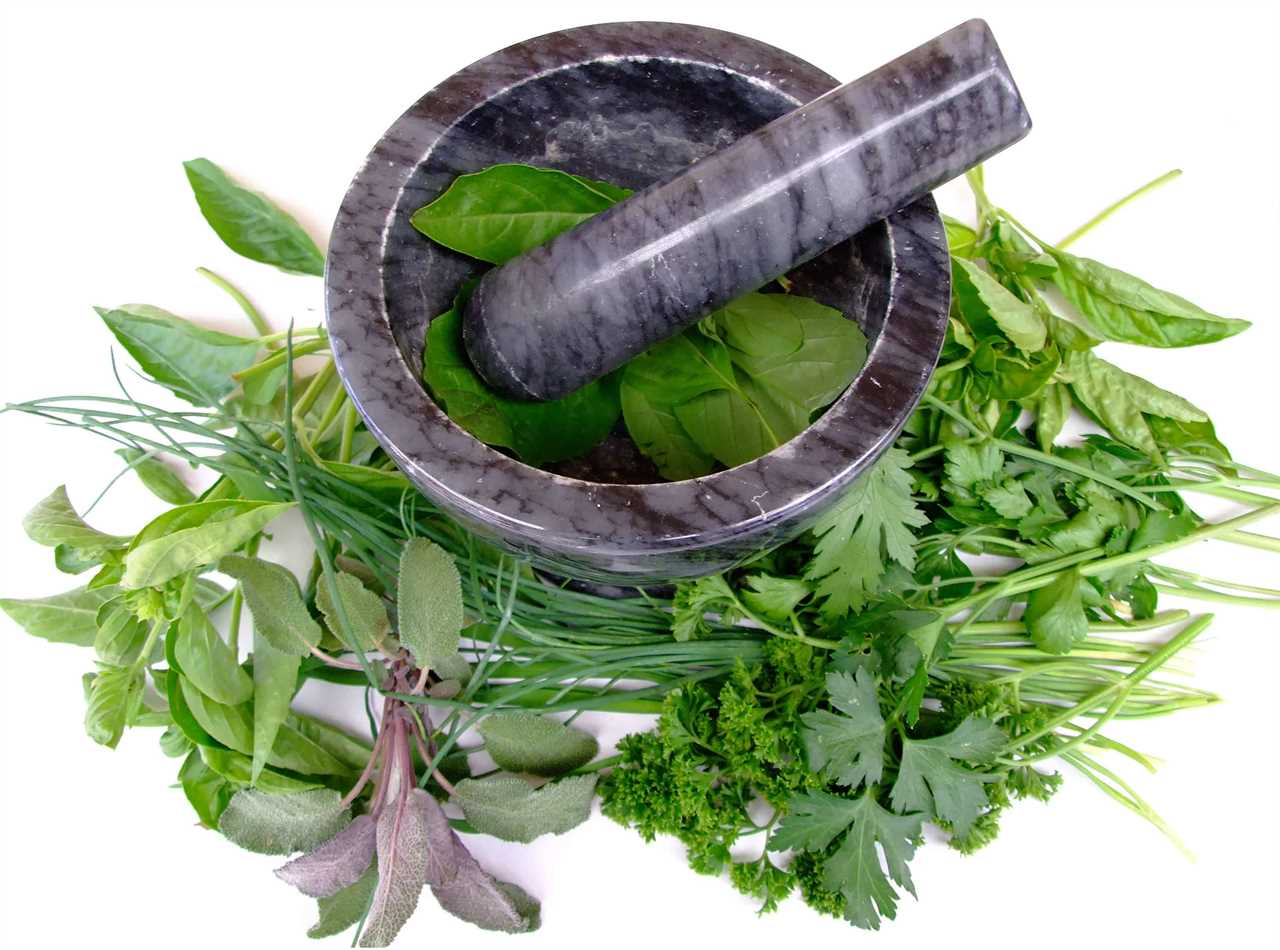 |
Tony Gebely · Tea Epicure · Taste DifferentlyA tea assessment platform that rates teas based on objective quality markers and a sensory evaluation resulting in a list of the best teas produced each year. |
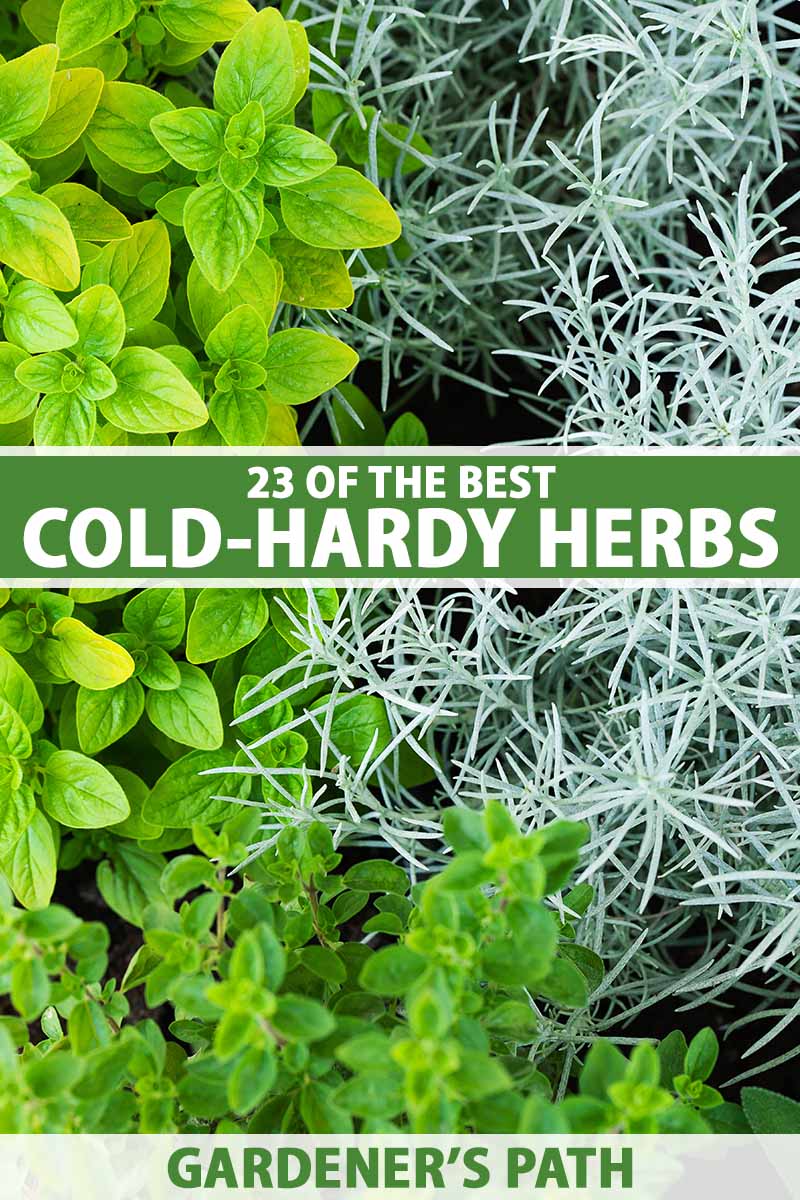 |
Motherwort Has Amazing Benefits For Your BodyMotherwort (Leonurus cardiaca) is found growing in the wild in vacant lots and gardens. It’s easy to spot as motherwort grows to a height of 5 feet and has |
.png)





